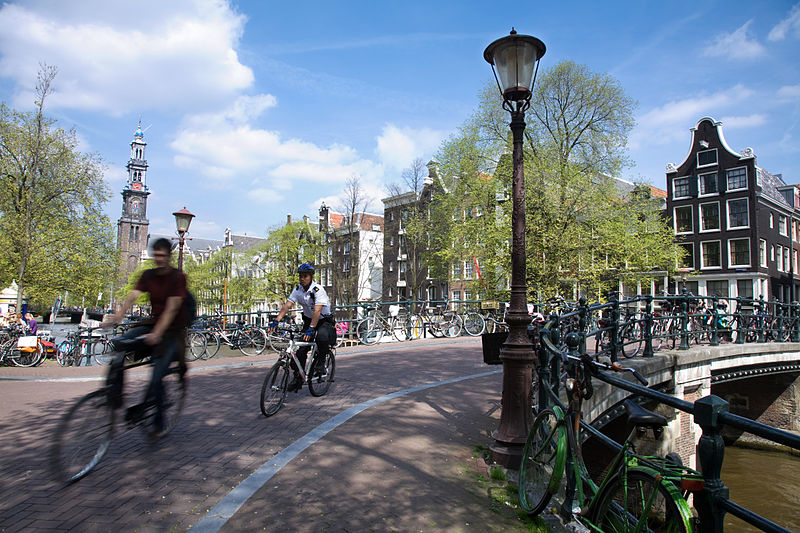Since its invention, the humble bicycle has become a staple of urban transportation that has, in essence, changed very little from its original 19th century design. As a transportation option, however, it has grown in popularity, with the World Bank estimating that there are around 2 billion bikes on the world’s roads – twice the number of motor vehicles.
Entire cities have in fact handed themselves over to cyclists, with Amsterdam in particular being heralded as Europe’s “city of bicycles”, while the Netherlands also holds the title of most bikes per capita in the world. Every day, around two million kilometres are travelled in the Dutch capital by environmentally-friendly and muscle-driven means of transport. It is estimated that the energy generated by the pedals is equivalent to around 19,500 kilowatt hours – every day. This would allow 19,500 refrigerators to run for two days, 19,500 meals to be cooked for four people or 19,500 people to watch all three parts of the Lord of the Rings trilogy.
For Guillaume Roukhomovsky and Blaž Verhnjak this is far too much unused energy. With their startup S-Park, the two tech entrepreneurs are looking to unleash this power onto the city. A built-in battery in the front tyre stores the generated energy and then delivers it to special bicycle stands, which feed that electricity into the power grid. Although S-Park is only in its infancy and a prototype has not yet been completed, the two founders aim to grab the attention of the locals – who are already doing all the requisite hard work in terms of power generation.
By 2025, Amsterdam plans to obtain a quarter of its electricity requirements from renewable energies and looks to invest around 90 million euro in bicycle infrastructure over the next few years. S-Park aims to mount this wave of green tech and win subsidies for its first prototype. S-shaped wheel stands will be used to dock 30 bicycles at a time, allowing one kilowatt of electricity to flow into the power grid within a very short timespan. The Clean Energy Challenge has already taken up the idea and nominated the startup from Amsterdam for the 2019 competition.
This is a translation by Mark Newton of an original article which first appeared on RESET’s German-language site.






